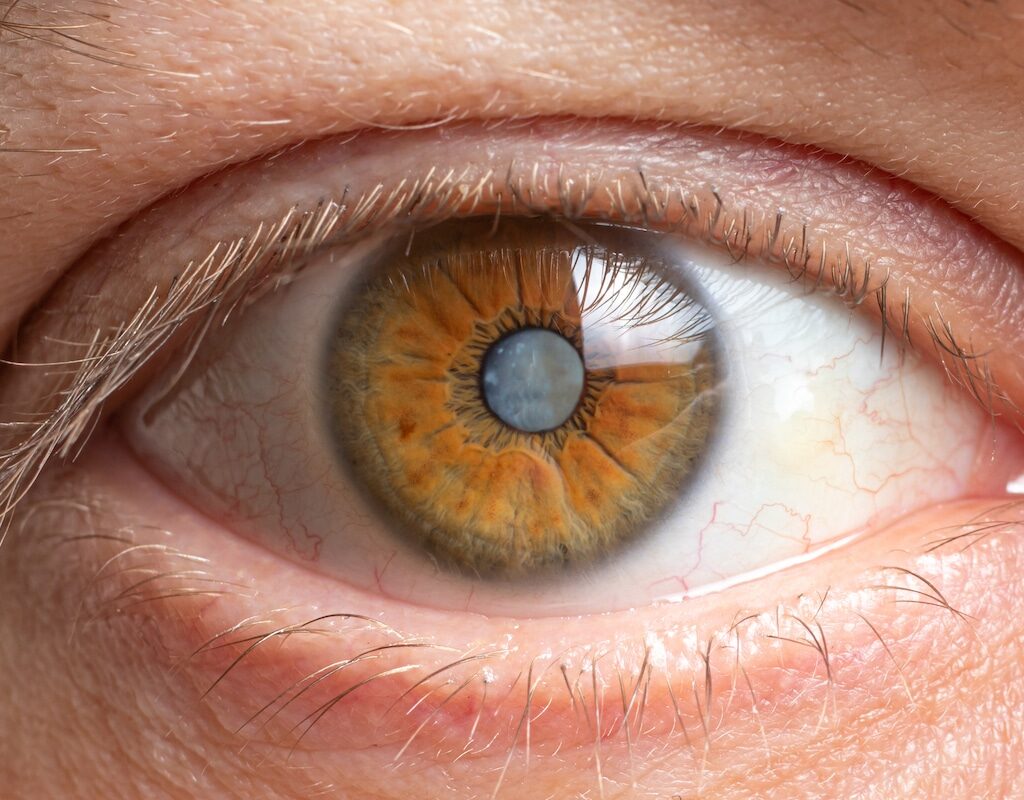Cataract surgery is a common procedure that millions of people undergo every year, especially as they age. It involves the removal of the cloudy lens of the eye and is often performed on an outpatient basis. In Sydney, there are various options available for patients considering this surgery, including the potential for bulk billing, which can make access to this essential treatment easier for many individuals. In this article, we will explore the concept of bulk billing cataract surgery, discuss what cataract surgery entails, and detail its availability in Sydney.
Understanding Cataract Surgery
Cataract surgery is primarily needed when the natural lens of the eye becomes cloudy, leading to vision impairment. This condition can stem from various factors, including aging, diabetes, smoking, and prolonged exposure to sunlight. The main objective of cataract surgery is to restore clear vision by replacing the cloudy lens with an artificial intraocular lens (IOL). This procedure is typically swift, commonly taking less than an hour to complete.
Understanding the feasibility and options surrounding bulk billed cataract surgery in Sydney can empower patients to make informed decisions about their eye health. The process begins with recognizing the signs of cataracts, seeking medical attention, and navigating the referral process effectively. With the availability of bulk billing, many patients may find that they can afford the care they need without financial strain.

Patients undergoing cataract surgery often experience remarkable improvements in their vision post-operation. Many individuals report clearer vision, improved color perception, and an overall enhancement in their quality of life. For some, this can even mean a return to activities they may have struggled with, such as driving, reading, and engaging in hobbies. Given these significant benefits, understanding the surgical procedure itself is crucial for anyone considering their options.
Types of Cataract Surgery
There are primarily two types of cataract surgery methods: phacoemulsification and extracapsular cataract extraction. Phacoemulsification is the most common and minimally invasive approach, where an ultrasound device is used to break up the cloudy lens, making it easier to remove. Following the removal, an intraocular lens is then implanted. This technique generally results in less recovery time and minimal discomfort for the patient.
On the other hand, extracapsular cataract extraction is utilized in cases where cataracts are more advanced and cannot be treated with phacoemulsification. In this procedure, a larger incision is made to remove the entire cloudy lens in one piece. While it may require a longer recovery period, it can be necessary for specific situations. Understanding these methods is essential for patients and their families when discussing options with healthcare providers.
Preoperative and Postoperative Care
Prior to undergoing cataract surgery, patients typically attend a comprehensive eye examination and consult with their surgeon. This evaluation helps determine the appropriate type of intraocular lens and discusses any existing eye conditions that could affect the surgery or recovery. Patients may also receive specific instructions on medications, lifestyle adjustments, and what to expect throughout the process.
Once the surgery is complete, it is normal for patients to experience some initial discomfort, which can often be managed with prescribed medications. Postoperative care is crucial for a successful recovery, and it usually includes follow-up appointments to monitor healing. Many surgeons will also recommend using eye drops to prevent infection and reduce inflammation. Regular check-ups help ensure that the new lens is functioning correctly, allowing the patient to enjoy their restored vision fully. Read more about inflammation at https://www.health.harvard.edu/topics/inflammation
In addition to the medical aspects of preoperative and postoperative care, emotional support plays a vital role in the recovery process. Patients may feel anxious or uncertain about the surgery, and having a support system in place can significantly alleviate these feelings. Family members and friends can provide encouragement and assistance, especially during the initial recovery phase when patients may need help with daily activities. Additionally, educational resources, such as pamphlets or online materials, can help demystify the process and empower patients with knowledge about their condition and the surgery.
Furthermore, lifestyle modifications can enhance the recovery experience. Patients are often advised to avoid strenuous activities and heavy lifting for a short period after surgery. Engaging in gentle activities, such as walking, can promote circulation and aid in the healing process. A balanced diet rich in vitamins and minerals is also recommended to support eye health. Foods high in antioxidants, such as leafy greens and colorful fruits, can contribute to overall well-being and may even help prevent future eye issues. By combining medical care with emotional support and healthy lifestyle choices, patients can maximize their chances of a smooth and successful recovery.

Is Bulk Billed Cataract Surgery an Option in Sydney?
Bulk billing is a payment option in which doctors or healthcare providers accept the Medicare benefit as full payment for their services, making it more affordable for patients. In Sydney, bulk billed cataract surgery is available, although its accessibility can vary depending on the type of specialist and the facilities. Many public hospitals provide bulk billing options for eligible patients, helping to alleviate the financial burden associated with necessary eye surgery.
Patients considering bulk billing for cataract surgery in Sydney need to check specific requirements and availability, as not all surgeons or private clinics offer this service. It typically requires meeting certain Medicare criteria and being referred by a general practitioner. The public healthcare system aims to provide essential medical services to all Australians, including those needing surgery for cataracts.
Understanding the Referral Process
The referral process is an important first step for patients interested in bulk billed cataract surgery. Patients will generally need to visit their general practitioner to discuss their symptoms and concerns regarding vision changes. If deemed necessary, the GP will provide a referral to an ophthalmologist who specializes in cataract surgery.
Upon receiving this referral, patients can schedule an appointment with the ophthalmologist, who will assess their condition further. The ophthalmologist will discuss treatment options, including the potential for bulk billing, and what that entails. It’s important for patients to communicate openly with their doctors about their preferences, coverage options, and any financial concerns they may have. Additionally, patients should inquire about the expected timeline for surgery, as this can vary significantly based on the urgency of their condition and the current demand for surgical services. Click here to know more about communicate.
Availability of Surgeons and Clinics
In Sydney, several ophthalmologists and clinics do offer bulk billing cataract surgery, often found in public hospitals and affiliated facilities. Patients should conduct some research or reach out to their local health services to determine which surgeons are available and to inquire about their policies regarding bulk billing.
It’s worth noting that while bulk billing provides a financial advantage, waiting lists for public facilities can sometimes be long. For patients who prefer a shorter wait time, some private clinics offer cataract surgery for a fee, which may or may not include the option for private health insurance coverage. Weighing the pros and cons of these options is essential for making an informed decision about one’s healthcare needs. Furthermore, patients may also want to consider the qualifications and experience of the surgeons available, as well as the technology and techniques employed in their procedures, as these factors can significantly influence the outcome of the surgery and overall patient satisfaction.
Moreover, patients should be aware of the pre-operative assessments and post-operative care involved in the cataract surgery process. Pre-operative evaluations often include comprehensive eye examinations and discussions about the patient’s medical history, which help ensure the best possible surgical outcomes. Post-operative care is equally important, as it typically involves follow-up appointments to monitor healing and address any complications that may arise. Understanding these aspects can help patients feel more prepared and informed as they navigate their cataract surgery journey in Sydney.
Conclusion
As cataracts can significantly affect daily life, addressing the issue in a timely manner is crucial. By consulting with healthcare providers and being proactive in seeking treatment options, individuals can look forward to a clearer vision and enhanced quality of life. Sydney’s healthcare landscape works diligently towards making essential medical services like cataract surgery accessible to everyone.
Other resource: The Cost of Cataract Surgery with Medicare in Australia

